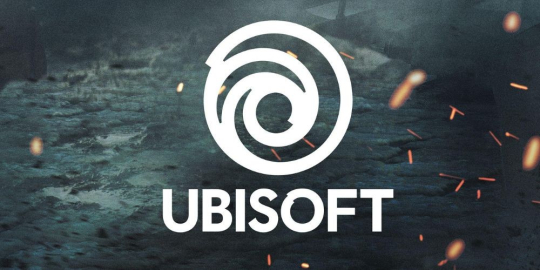
The social media landscape is undergoing a seismic shift as major advertisers reassess their digital real estate. Ubisoft is the latest high-profile company to take a step back from Twitter, a move that signals growing concerns among brands about the platform's content moderation and the company's value alignment.
Since Elon Musk took the helm of Twitter, the platform has seen its fair share of controversies. Musk's approach to content moderation — or lack thereof — combined with his baffling technical choices and personal tweets, has cast a long shadow over the company. This has not only resulted in a loss of user trust but has also affected the bottom line, with declining advertising revenues marking a period of instability for the social media giant.
The issue reached a tipping point when a Media Matters report alleged that advertisements for household names like Apple and IBM were appearing side by side with extremist content. This alleged misplacement of ads stoked fears among companies that their brands could become inadvertently associated with hate speech and propaganda, leading to a mass exodus of advertisers from Twitter.
In defending the platform, Twitter CEO Linda Yaccarino emphasized the rarity of such ad placements and accused Media Matters of intentionally manipulating activity to create controversy. She underscored Twitter's commitment to truth and fairness and urged users and advertisers to support the platform. Twitter went so far as to file a lawsuit against Media Matters, challenging the narrative shaped by the report and asserting that brand advertisements only appeared alongside fringe content due to Media Matters' own machinations.
As this digital drama unfolds, Ubisoft's decision to pause advertising on Twitter echoes the concerns of many content-conscious brands. The implications of big companies withdrawing support from a platform like Twitter are massive, leading to questions about the future of social media advertisements and content moderation policies. As we navigate this uncharted territory, the industry's watchful eyes will undoubtedly be focused on how Twitter, a once-dominant player, handles the convergence of unfiltered speech and brand safety in the volatile world of social media.